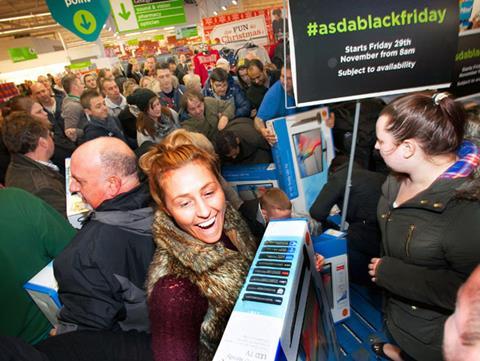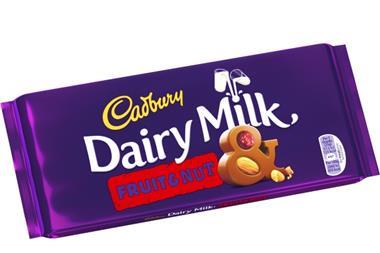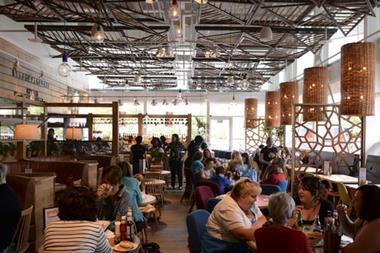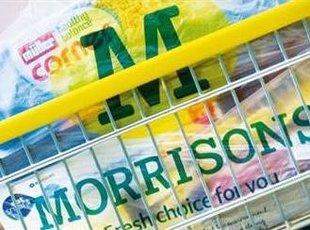
All the focus this morning is on Black Friday, with updates, deal finders, live blogs and updates from the US, where the phenomenon started.
The Daily Mail carries a report from building society Nationwide outlining that the potential big winners of the event are department stores, which saw sales boom 220% on Black Friday last year. Major stores like Debenhams, House of Fraser, John Lewis and Selfridges recorded £5.3m spent on Black Friday in 2014 by Nationwide credit and debit card customers compared to £1.7m on the Friday the week before. The paper goes on to report that the deep day of discounts may eventually disappear as fast as it arrived. It quotes a study published by business consultancy LCP which found that one-third of retailers believed Black Friday was unprofitable and unsustainable. “Black Friday has become a phenomenon for all the wrong reasons,” The Daily Mail added. “The event has triggered some of the ugliest scenes ever experienced in UK shops, and experts are questioning whether it’s more trouble than it is worth.”
“Did you push a shopper to the floor this morning to snatch a cut-price television from their grasp? Perhaps you stayed up all night to nab an early bargain on the web? If not, then you clearly haven’t entered into the spirit of Black Friday,” says The Times. It picks up predictions by analysts that the biggest shopping day of the year will result, for the first time, in British consumers spending £1bn online in 24 hours.
The Independent writes of a backlash against the event with tens of thousands of Britons signalling their disapproval of Black Friday online in a protest against “aggressive consumerism”. A Facebook event, ‘Buy Nothing Friday’, currently has more than 30,000 “attendees”.
Outside of the Black Friday bubble, Tesco’s US lawsuit gets plenty of coverage. The retailer will pay $12m to settle a class-action lawsuit stemming from the £263m profit overstatement last year. However, the UK’s biggest supermarket chain is not admitting liability, The Financial Times reports. US owners of American Depositary Receipts (ADRs), financial instruments to give investors overseas access to shares in a non-US company, brought the class action lawsuit against Tesco. They lost massive sums in the business as the share price melted when the accountancy scandal emerged (The Telegraph).
The Guardian features a profile with Co-op CEO Richard Pennycook, who took the helm last year. He says community projects are way to make the group’s grocery stores, funeral parlours and insurance businesses attractive again. Pennycook tells the paper that he wants the Co-op’s staff and seven million members to play an important role in their communities. “Over the years, the Co-op has become a bit corporate and a bit centralised,” he adds. “We are unpicking that. We want engagement to be at a local level. We are in every postcode. We have units in about 2,000 communities in the UK and the new member proposition will be about those communities.”
Like-for-like sales at airport caterer SSP Group, which owns Upper Crust and runs Burger King and Marks & Spencer Simply Food outlets, jumped by 3.7% to £1.8bn, with operating profits up 10.1% to £97.4m. The Times focuses on CEO Kate Swann playing down the impact of terrorist attacks on trading (the group operates in Paris Charles de Gaulle airport and Sharm el-Sheikh in Egypt). The boss of the group said that although it was too early to judge the impact of such events, the travel industry had a record of bouncing back from even “major events like 9/11”, and long-term passenger trends remained very strong. The Daily Mail goes with the headline: “Cheesy does it at food group SSP as profits rise to £76.8m following a £13.5m loss the previous year.” The paper added that grating cheese on pizza rather than slicing it, and other cost-cutting measures, helped food group post a strong rise in annual profit.



















No comments yet